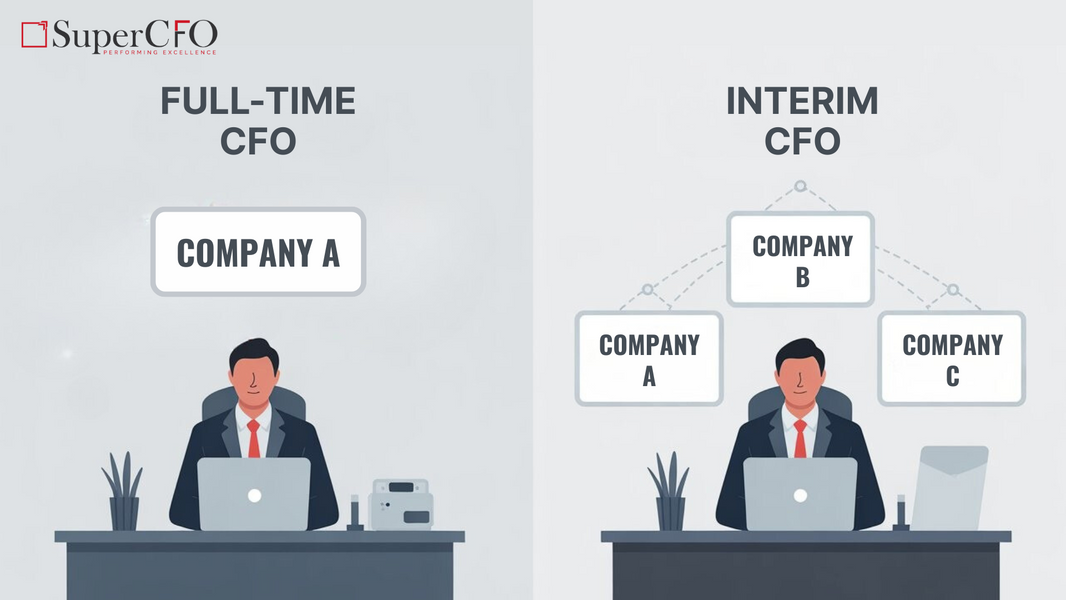The Governance Gap No One Talks About
Private equity investors often spot the warning signs too late.
A portfolio company starts missing forecasts. Financial visibility gets blurry. Costs spiral. And while founders remain optimistic, the numbers quietly tell a different story.
Everyone blames governance. Few want to discuss it publicly.
Because to raise that flag raises uncomfortable questions:
-
Did we misjudge the team?
-
Did we prioritize growth over control?
-
What does it say about our ability to manage winners?
But there’s one move every PE fund can make immediately:
👉 Mandate that the CFO reports directly to the board.
Yes, many term sheets allow for board-approved CFOs.
But in practice, CFOs often report to the founder - reducing independence, influence, and the ability to install true financial discipline.
That one reporting line changes everything:
-
It drives board-level accountability
-
It reinforces internal controls early
-
It tells the company: financial discipline matters here
A CFO Without Power Is Just a Bookkeeper
This problem becomes sharper in PE-funded businesses.
Why?
Because the sudden access to capital can create temptation.
Founders who’ve operated scrappily now feel pressure to scale fast. The influx of funds often leads to premature spending - on vanity hires, marketing blitzes, or unchecked expansion - before the financial systems can catch up.
Contrast this with bootstrapped or family-run firms:
They default to caution. They run tight ships. Financial governance is a muscle built from day one.
This isn’t about one approach being better.
It’s about recognizing that a change in capital should trigger a change in control.
An empowered CFO provides exactly that.
Governance as a Growth Lever
A great CFO is not a barrier to bold ideas.
They are the ones who help stress-test those ideas, model outcomes, and ensure long-term value creation.
When the CFO is aligned with the board:
-
Planning gets sharper
-
Reporting gets cleaner
-
Compliance becomes proactive, not reactive
In short, they help the company move fast without breaking trust.
And for PE funds navigating exits, LP confidence, and value creation - that matters.
Make Financial Leadership a Board-Level Role
If you’re seeing early signs of financial drift in your portfolio - or want to prevent it altogether - it starts with one structural change:
Put the CFO in the boardroom, not the backseat.











1 comment
I cannot agree less. This ensures a sit-up and everything else is straighten.